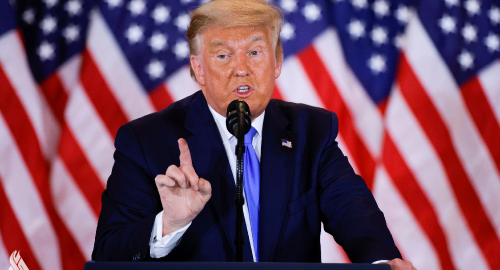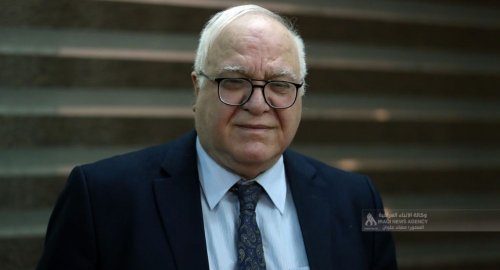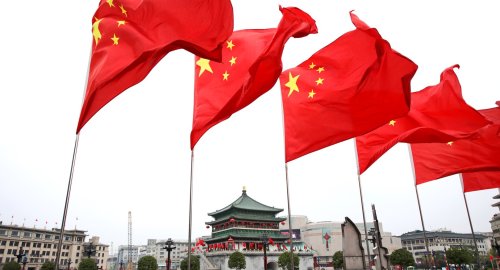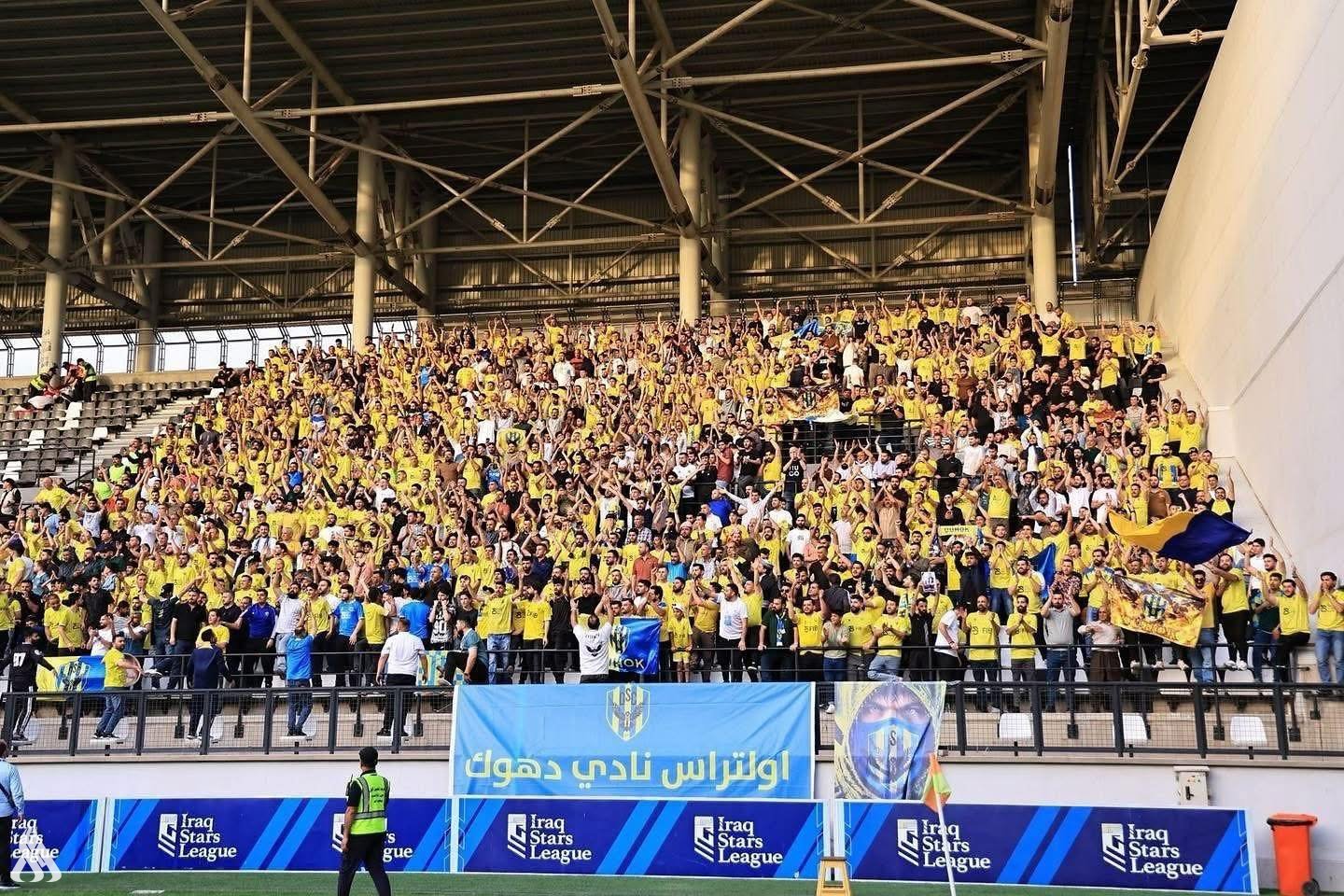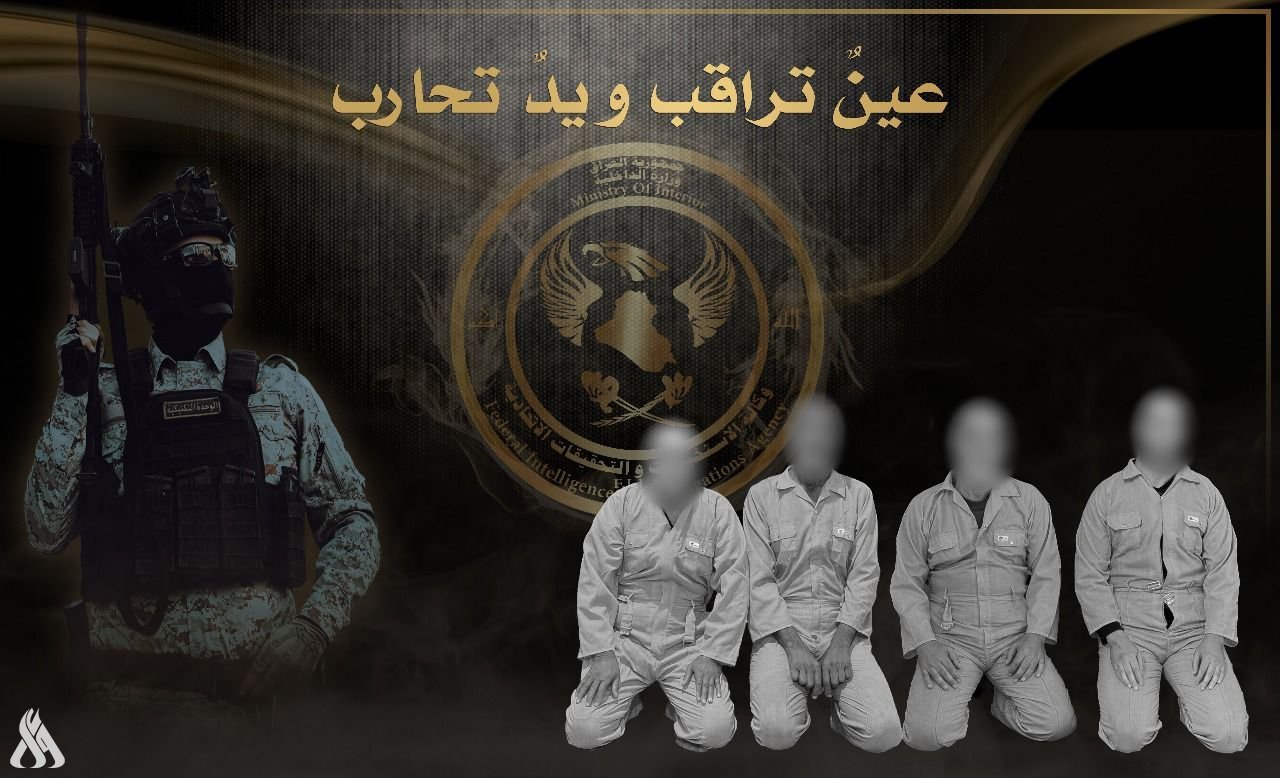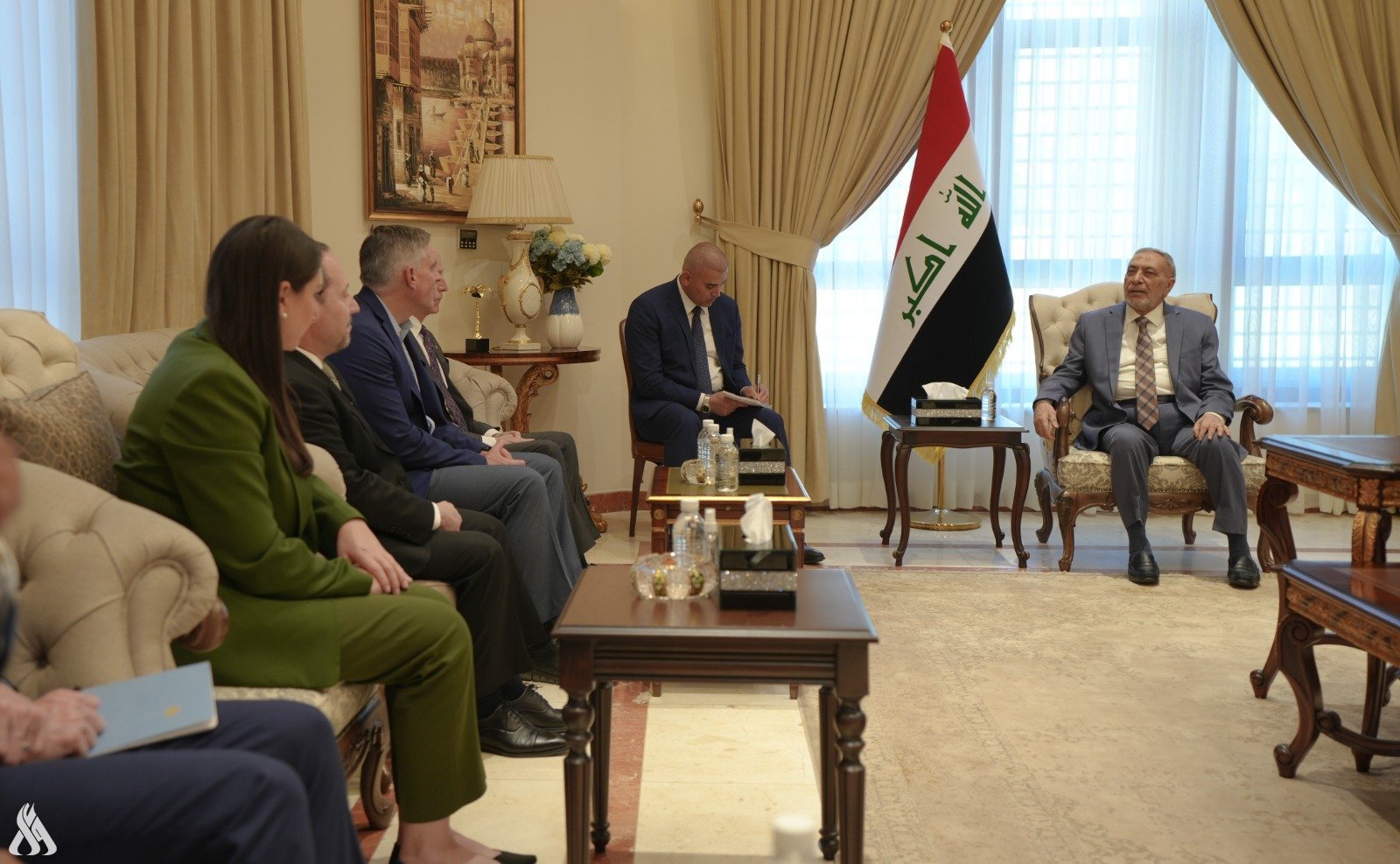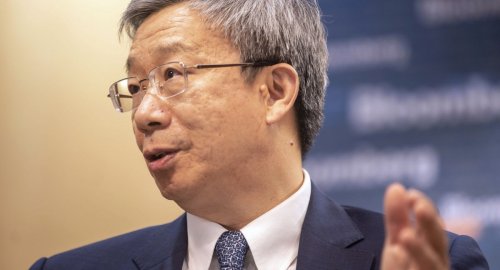
China keeps Yi Gang as central bank chief in surprise move

- 12-03-2023, 09:30
INA- sources
China kept its current central bank governor and finance minister in a surprise move at the country's annual parliament on Sunday, alongside a slate of trusted lieutenants installed for President Xi Jinping's third term.
People's Bank of China Gov. Yi Gang was nominated to retain his post. That defied expectations that Zhu Hexin, head of state-owned Citic Group, would take over from Yi, a respected U.S.-educated economist who has been leading the central bank since 2018.
Many observers had expected Yi, who has passed the usual retirement age of 65, to step aside after he was dropped from the Communist Party's top decision-making body during a key political meeting in October.
Veteran Finance Minister Liu Kun was also tapped to stay in his job, as China struggles to spark a firm recovery after abandoning years of strict COVID-19 curbs. The country's gross domestic product last year grew just 3%, among the lowest annual rates in decades.
But keeping the two financial experts on board is unlikely to change moves to bring China's central bank, along with other state institutions, under the thumb of the ruling Communist Party, analysts said.
As part of sweeping reforms announced during the parliamentary session, the central bank will be brought under the umbrella of the newly created National Financial Regulatory Administration. The agency will have a broader role than its predecessor, the China Banking and Insurance Regulatory Commission.
"I don't think it really matters who will eventually be appointed, given the increasing subordination of the PBoC to the central leadership," Xu Tianchen, an economist at the Economist Intelligence Unit, said before Sunday's announcement. "[The PBoC] is likely to function differently versus Western-style central banks in that it will play a far greater role in serving economic growth and key national priorities, on top of its responsibilities in maintaining price stability."
For the defense portfolio, the NPC tapped Li Shangfu, replacing Wei Fenghe. Li is on the U.S. Treasury sanction list for his role over military purchases from Russia. He built his career in the People's Liberation Army initially as an aerospace engineer at the Xichang Satellite Launch Center, according to U.S.-based think tank CNA.
He later joined the PLA Strategic Support Force, a unit for space, cyber and psychological warfare, before being appointed to the decision-making Central Military Commission in 2017.
It was unclear how his blacklisting could affect future military talks with the U.S., as tensions soar between the rival superpowers.
Among other appointments unveiled Sunday was the endorsement of Ding Xuexiang as second-in-command at the State Council, the country's cabinet.
Ding will join newly minted Premier Li Qiang in carrying out Xi's priority for confidants to execute his reform agenda.
As director of the party's General Office, Ding is currently serving Xi as a chief of staff. He is also ranked sixth in the powerful Communist Party Politburo Standing Committee, a seven-member grouping headed by Xi.
He Lifeng, another close Xi ally who leads central planning agency the National Development and Reform Commission (NDRC), was made one of the three vice premiers.
He will likely be entrusted with the financial and economic portfolio, a position previously held by Liu He, known as the top negotiator with the U.S. over trade sanctions.
Zhang Guoqing, a former chairman of weapons maker China North Industries Group, was picked as another vice premier.
Ostapenko beats Swiatek to reach Stuttgart semis
- Sport
- 07:30
Duhok of Iraq and Qadsia of Kuwait match kicks off
- Sport
- 25/04/15
Four Daesh terrorists detained in Salahuddin
- Security
- 25/04/14
Two ISIS hideouts destroyed, killing those inside in Salah al-Din
- Security
- 25/04/13
